From the love and resilience passed down from your ancestors to the modern-day family traditions and undeniable cultural creativity, there’s so much to celebrate about being Black. But it can sometimes be hard to be Black in America and not give up hope that racial justice and unity will one day be a reality.
That’s because Black people regularly experience racial microaggressions, overt racial slurs, derogatory comments, housing, schooling, and employment discrimination, and hostile, sometimes even violent, behavior.
RELATED: Why Black People Need Safe Spaces to Heal
So, it’s essential for Black people to know who our allies are, for our own survival, as we navigate through the world. We’re often asking ourselves: Who are our true friends? Who can we trust? Fortunately, the Baha’i community has been a spiritual and social refuge for so many people of African descent. The Baha’i writings say:
“Cleanse ye your eyes, so that ye behold no man as different from yourselves. See ye no strangers; rather see all men as friends, for love and unity come hard when ye fix your gaze on otherness. And in this new and wondrous age, the Holy Writings say that we must be at one with every people;
…For each of the creatures is a sign of God, and it was by the grace of the Lord and His power that each did step into the world; therefore they are not strangers, but in the family; not aliens, but friends, and to be treated as such.”
Indeed, Van Gilmer, a Baha’i living in Chicago, says that when he became a Baha’i in Greensboro, North Carolina, he began spending time with “white people that I never imagined would be in my life.” This was a relief because everywhere else he experienced overt racism.
“You hear the n-word now, but that was a regular word when I grew up,” Van says. “I could even be in the back of my parent’s car riding down the street and stop at a stoplight and see white children in the car next to me who were sticking their tongues out at me and calling me all kinds of names.”
Baha’is have to work to eliminate prejudice from their hearts just like everyone else. But because of the Baha’i principle of the oneness of humanity and the recognition of the spiritual significance of people of African descent, Van says spending time with Baha’is who were white “wasn’t hard for me in that community.”
RELATED: Finding a Loving Home in the Baha’i Community
However, he couldn’t spend all his time in Baha’i prayer gatherings, study groups centered on the Baha’i writings, or engaging in community service activities — and he experienced racism just about everywhere else.
“What was hard for me,” Van says, “was all the rest of the white people who didn’t have the same love for me, who I had to be very cautious around, who I had to now figure out whether I trusted or not, and I pretty much knew better than to trust anybody who either was not a Baha’i or was not a friend of the Baha’is in Greensboro, North Carolina.”
In this video for the Race Unity Project, Van shares how the Baha’i community provided refuge because it was full of people he could trust. Produced by Journalism for Change, Inc, a nonprofit media organization founded by filmmaker and human rights activist Maziar Bahari, “The Race Unity Project” tells “the century-long story of the American Baha’i community and its efforts — as well as its tests and challenges — in promoting race unity.” Videos from “The Race Unity Project” include candid conversations with Baha’is about a variety of topics — including stories of people discovering the beauty of worshipping in a diverse community when they found the Baha’i Faith and reflections on how the Baha’i Faith affirms and empowers Black people.
Watch as Van shares how painful it was to be the only Black person in a white space outside of the Baha’i community, and how being a Baha’i has helped him heal.
Radiance Talley serves as the director of operations at BahaiTeachings.org, where she integrates her expertise in SEO, journalism, design, and publishing into every aspect of her work. She has edited and written hundreds of articles for BahaiTeachings.org and has also written and optimized articles for...
READ MORE

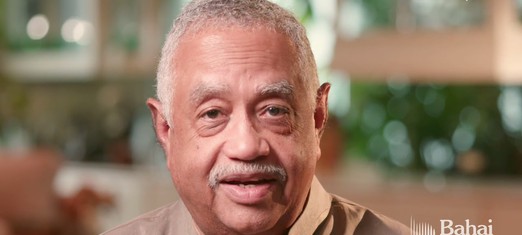

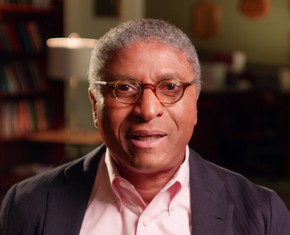
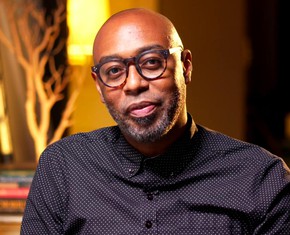
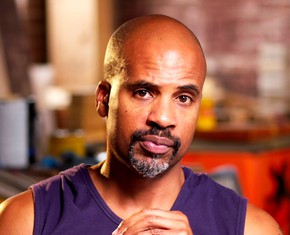
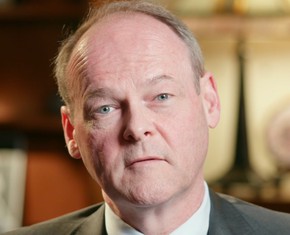









Comments
Sign in or create an account
Continue with Googleor